IoT in Healthcare: Revolutionizing Patient Care with Smart Devices
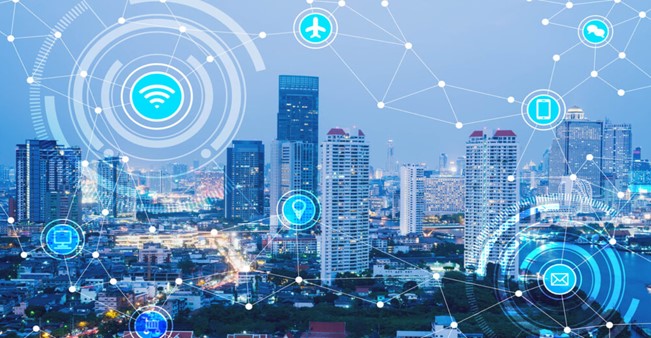
The integration of the Internet of Things (IoT) in healthcare is reshaping the landscape of patient care, bringing about a paradigm shift towards more efficient and patient-centric services. Smart devices, equipped with sensors and connectivity, are at the forefront of this transformation, offering unprecedented opportunities for monitoring, diagnosis, and treatment.
One of the primary areas where IoT is making a significant impact is remote patient monitoring. Through wearable devices and sensors, healthcare providers can collect real-time data on patients’ vital signs, activity levels, and other relevant health metrics. This not only allows for continuous monitoring but also facilitates early detection of anomalies, enabling timely interventions and reducing the risk of complications.
Chronic disease management is another domain benefitting from IoT applications. Patients with conditions such as diabetes, hypertension, or heart disease can use connected devices to track their health parameters and share the data with healthcare professionals. This fosters personalized care plans, improves treatment adherence, and empowers patients to actively participate in their own healthcare.
IoT is also enhancing medication adherence through smart pill dispensers and medication tracking systems. These devices help patients adhere to their prescribed medication schedules, sending reminders and alerts if doses are missed. This not only improves patient outcomes but also reduces the burden on healthcare systems by preventing unnecessary hospitalizations.
Furthermore, the healthcare supply chain is becoming more efficient with IoT implementation. Tracking the location and condition of medical equipment, pharmaceuticals, and other assets ensures timely replenishment and reduces the risk of stockouts or expired medications. This not only saves costs but also ensures that healthcare providers have the necessary resources to deliver optimal care.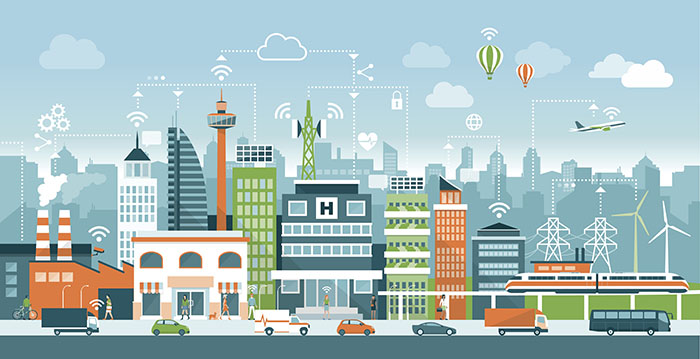
While the benefits of IoT in healthcare are undeniable, challenges such as data security and privacy must be addressed. The sensitive nature of health data requires robust cybersecurity measures to protect patient information. Regulatory frameworks and industry standards are evolving to address these concerns, emphasizing the importance of a secure and interoperable IoT ecosystem in healthcare.
In conclusion, IoT is revolutionizing patient care by introducing smart devices that enhance monitoring, diagnosis, and treatment. From remote patient monitoring to chronic disease management and supply chain optimization, the applications of IoT in healthcare are vast and promising. As technology continues to advance, the healthcare industry must navigate challenges and seize opportunities to harness the full potential of IoT for improved patient outcomes.
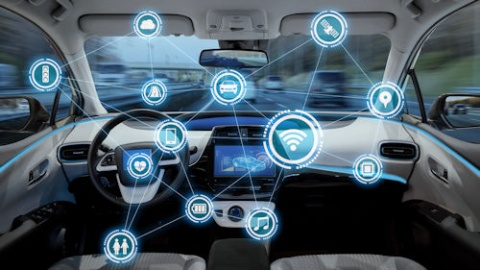
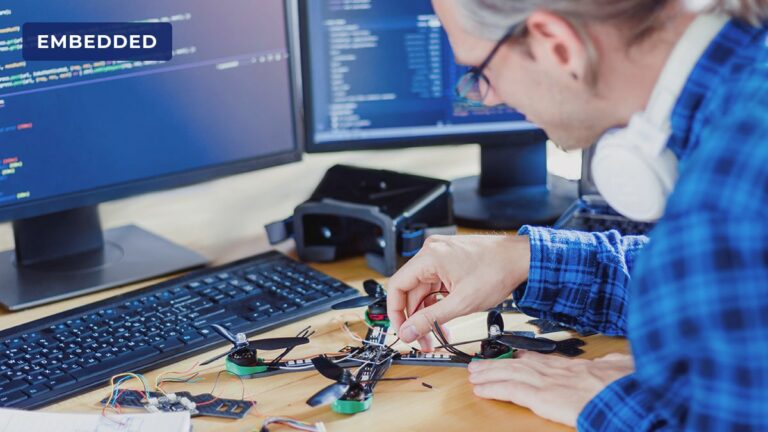
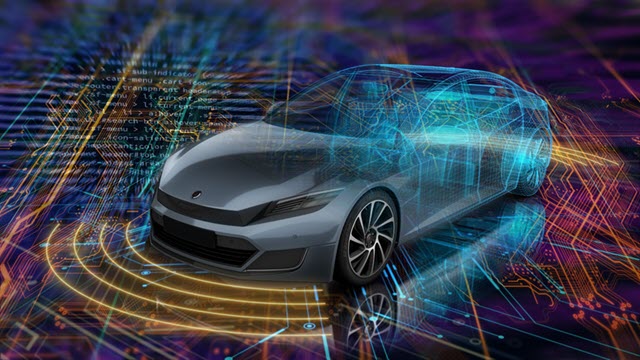
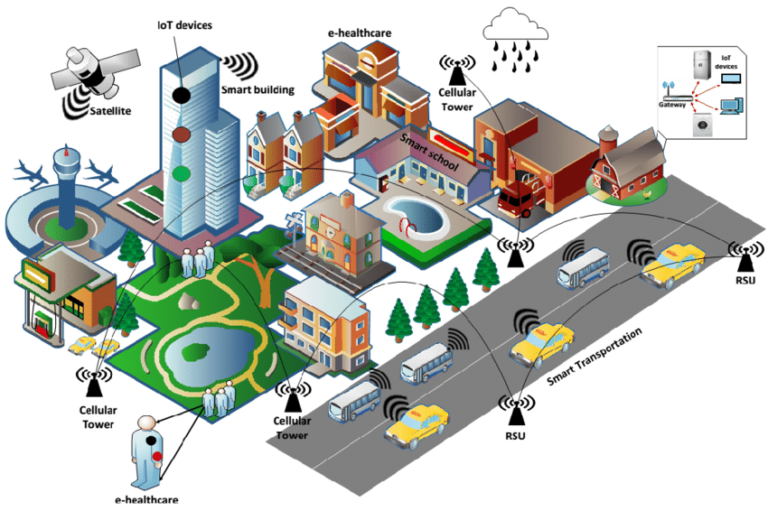
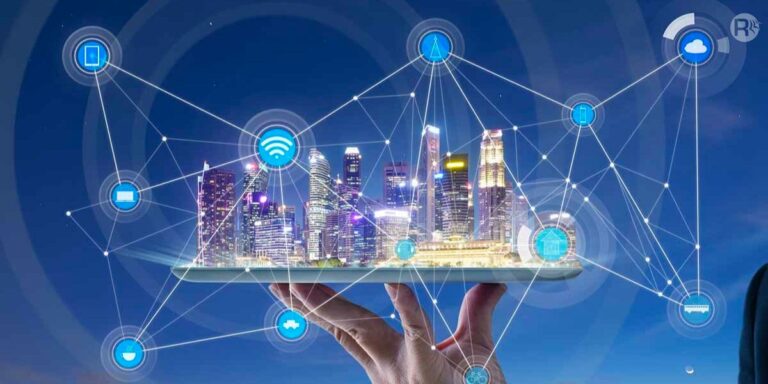
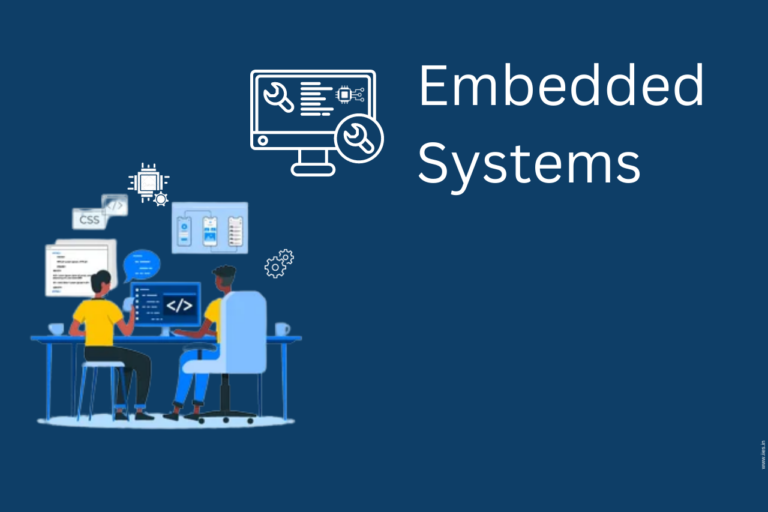
+ There are no comments
Add yours